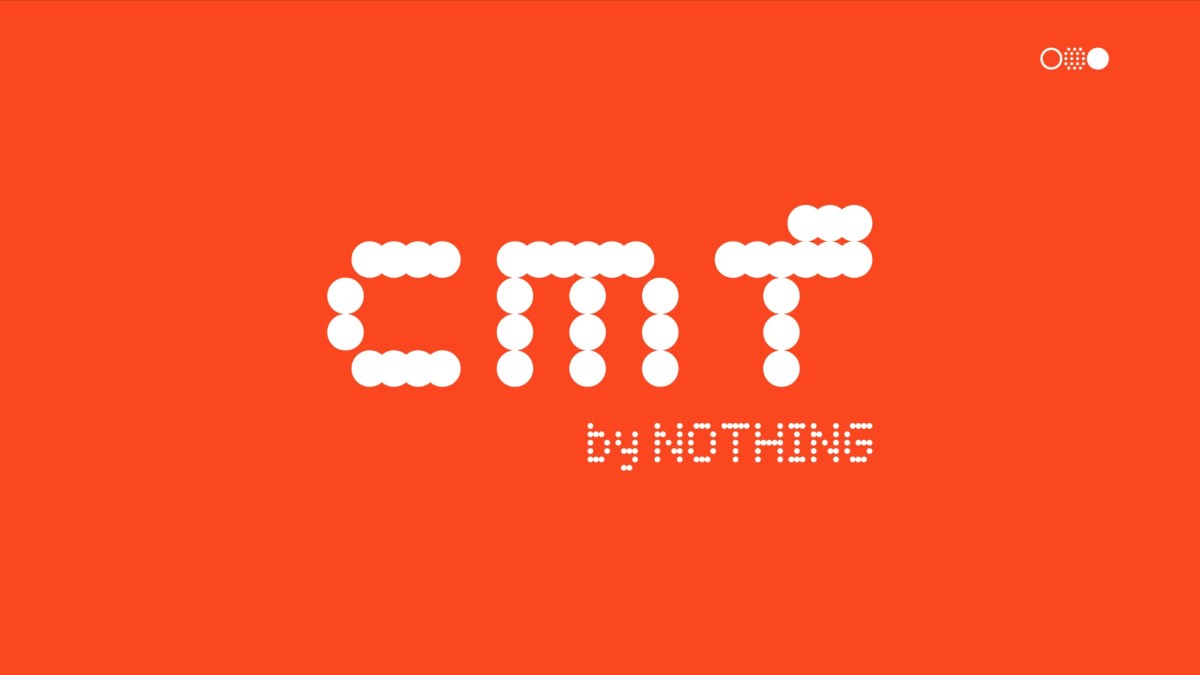Through those years, employees occasionally flagged abuse behavior that Ticketmaster and Live Nation were financially motivated to ignore, the FTC alleged. In 2018, one Ticketmaster engineer tried to advocate for customers, telling an executive in an email that fans can't tell the difference between Ticketmaster-supported brokers—which make up the majority of its resale market—and scalpers accused of "abuse."
"We have a guy that hires 1,000 college kids to each buy the ticket limit of 8, giving him 8,000 tickets to resell," the engineer explained. "Then we have a guy who creates 1,000 ‘fake’ accounts and uses each [to] buy the ticket limit of 8, giving him 8,000 tickets to resell. We say the former is legit and call him a ‘broker’ while the latter is breaking the rules and is a ‘scalper.’ But from the fan perspective, we end up with one guy reselling 8,000 tickets!"
And even when Ticketmaster flagged brokers as bad actors, the FTC alleged the company declined to enforce its rules to crack down if losing resale fees could hurt Ticketmaster's bottom line.
"Yikes," said a Ticketmaster employee in 2019 after noticing that a broker previously flagged for "violating fictitious account rules on a "large scale" was "still not slowing down."
But that warning, like others, was ignored by management, the FTC alleged. Leadership repeatedly declined to impose any tools "to prevent brokers from bypassing posted ticket limits," the FTC claimed, after analysis showed Ticketmaster risked losing nearly $220 million in annual resale ticket revenue and $26 million in annual operating income. In fact, executives were more alarmed, the FTC alleged, when brokers complained about high-volume purchases being blocked, "intentionally" working to support their efforts to significantly raise secondary market ticket prices.
On top of earning billions from fees, Ticketmaster can also profit when it "unilaterally" decides to "increase the price of tickets on their secondary market." From 2019 to 2024, Ticketmaster "collected over $187 million in markups they added to resale tickets," the FTC alleged.
Under the scheme, Ticketmaster can seemingly pull the strings, allowing brokers to buy up tickets on the primary market, then help to dramatically increase those prices on the secondary market, while collecting additional fees. One broker flagged by the FTC bought 772 tickets to a Coldplay concert, reselling $81,000 in tickets for $170,000. Another broker snatched up 612 tickets for $47,000 to a single Chris Stapleton concert, also nearly doubling their investment on the resale market. Meanwhile, artists, of course, do not see any of these profits.
.png)
 5 days ago
2
5 days ago
2











 English (US) ·
English (US) ·